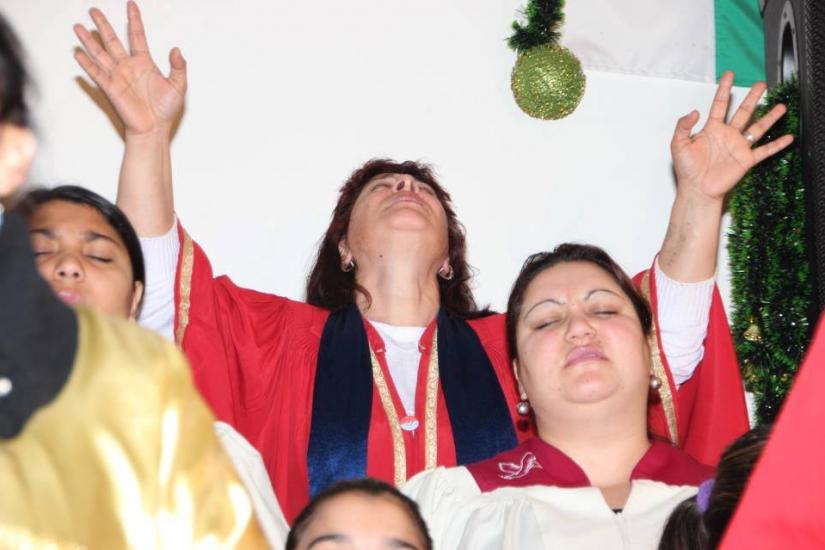
Patriarchal structures and practices contribute to the cycle of exclusion in the case of many marginalized Roma communities in post-socialist Bulgaria. The comparative literature on the spread of Evangelical Christianity in developing societies suggests that the movement has benefited subordinated women through four basic mechanisms – by elevating their sense of personal self-worth, by enhancing their social capital and enabling them to pursue leadership roles, by reforming family dynamics, and by encouraging interactions with the outside world. This talk will explore whether and how the recent large-scale adoption of Evangelical Christianity by Roma has affected the status and engagement of Roma women in their families, communities, and the larger society. Against the background of economic dislocation, complex hierarchical interethnic relations, an indifferent state, and a changing religious marketplace, it will examine the dynamic interplay between outside religious actors and members of four Roma communities that vary in the extent of their marginalization and in the degree of their adherence to traditional patriarchal attitudes and behaviors.
Stela Krasteva earned her PhD in Sociology from the University of California, Los Angeles, in 2015. Her fields of study include race, ethnicity, and nationalism in comparative historical perspective and sociology of culture. Her doctoral dissertation examines the nexus of racialized ethnicity, religion, and gender in the context of marginalized Roma communities in post-socialist Bulgaria. Her prior research has focused on the politics surrounding cultural minority rights and the politicization of the “Roma problem” by right-wing nationalists in Bulgaria.